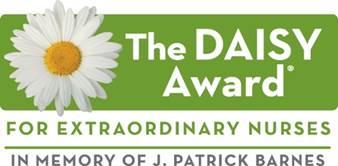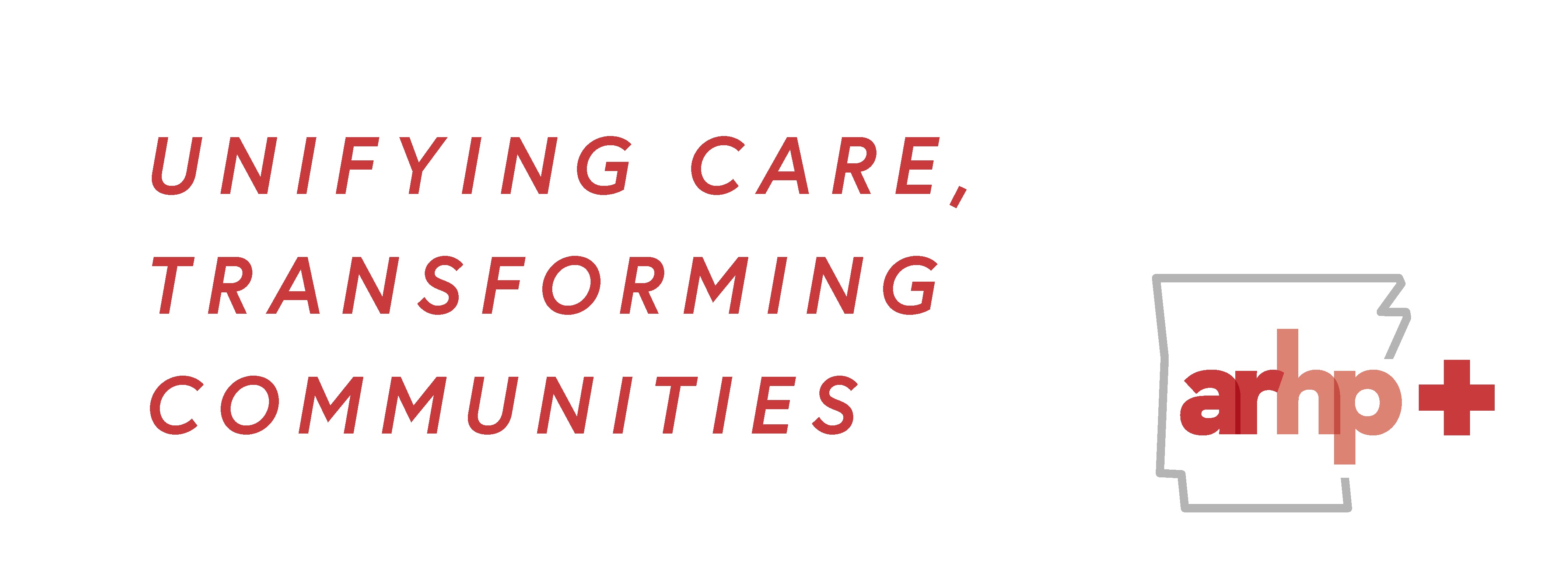
Logo for the DAISY Award. Says the DAISY Award for Extraordinary Nurses in Memory of J. Patrick Barnes.
The DAISY Award
BCMC is proud to announce that we are now accepting DAISY Award nominations to recognize nurses who have gone above and beyond for their patients. This is made possible through our recent partnership with the DAISY Foundation, a not-for-profit that cooperates with health care organizations worldwide to honor nurses who demonstrate extraordinary care.
Please CLICK HERE to nominate a BCMC nurse for this amazing award!
Previous Winners
Tammy Hensley (posthumously)Dana Sawyer
Summer O'Connor
Jean Rhodes
Laci Dalton
Paulette Tolefree
Karen Rawls
Tina Battles
Joe Huitt
Belinda Lee Taylor
Krissy Morrison
Steven Smith
About DAISY
In late 1999, at the age of 33, Patrick Barnes awoke with some blood blisters in his mouth. Having survived Hodgkin's Disease twice, he was admitted to the hospital and diagnosed with the auto-immune disease, ITP (Idiopathic Thrombocytopenic Purpura). Pat and his wife, Tena, had just had their first child two months before he became sick.Said his father, Mark Barnes, "We are so blessed that we were able to spend the eight weeks of his hospitalization with him and his family. During those weeks, we experienced the best of Nursing. We were there to see the clinical skill that dealt with his very complex medical situation, the fast thinking of nurses who saved his life more than once, and that nursing excellence that took years to hone to the best of the profession. But frankly, as a patient family, we rather expected that Pat would have great clinical care. That was why he was in the hospital. What we did not expect was the way his nurses delivered that care - the kindness and compassion they gave Pat and all of us in his family every day. We were awed by the way the nurses touched him and spoke with him, even when he was on a ventilator and totally sedated. The way they informed and educated us eased our minds. They truly helped us through the darkest hours of our lives, with soft voices of hope and strong loving hugs that to this day, we still feel.
"Just days after he died, we began talking about what we would do to help fill the giant hole in our hearts that Pat's passing had left." Tena came up with the acronym, DAISY, standing for diseases attacking the immune system, and we filed our papers to become a 501(c)3 not-for-profit organization. As we discussed what to do in Patrick's memory, we knew that first and foremost, we needed to say Thank You for the gifts nurses give their patients and families every day, just as we had experienced.
"We created The DAISY Award For Extraordinary Nurses and piloted the program at the Seattle Cancer Care Alliance, whose nurses cared for Patrick during the last weeks of his life. Our goal was to ensure that nurses know how deserving they are of our society's profound respect for the education, training, brainpower, and skill they put into their work, and especially for the caring with which they deliver their care. At the time we started the program, we could not have anticipated that The DAISY Award would come to be regarded as a strategic tool for nurse recruitment and retention and would be adopted by healthcare facilities all over the U.S. and beyond."
Our participants' administrators tell us that as a recognition program, The DAISY Award is "inspirational," "a great morale booster," "an excellent tool for nurse retention," "a way to develop role models." They find it so meaningful that many have created their own DAISY Award displays in their lobbies, banners for their nurses' stations, scrapbooks of recipients, feature presentations at their National Nurses Week ceremonies, and permanent plaques. Realistically, we cannot project the effect The DAISY Award can have on the worrisome nursing shortage. However, it is apparent that our effort at expressing personal, heartfelt appreciation to nurses for the important difference they make in all the lives they touch is having a powerful effect.




